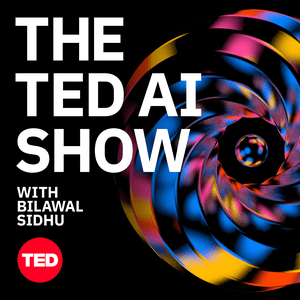Today, we are sharing a special episode from the chart-topping tech podcast web3 with a16z crypto. Produced by venture capital firm Andreessen Horowitz, the podcast explores the technology, people, and business ideas driving the next era of internet innovation.
This episode – part of a series covering leading “Trends for 2025” – covers the intersection of crypto and AI. Topics range from why having a unique ID matters in a world of deepfakes to AI agents in games to truly autonomous chatbots.
You’ll also get to hear from a16z crypto team members, including chief technology officer Eddy Lazzarin, on what they are personally excited about for 2025 given their unique view of the industry.
To listen to more episodes of web3 with a16z crypto, such as part one of the series “Trends for 2025,” follow the show here: https://link.mgln.ai/2YNuuu. Or can also subscribe to the a16z crypto newsletter for more trend updates, builder guides, industry reports, and more.
Learn more about our flagship conference happening this April at attend.ted.com/podcast
Hosted on Acast. See acast.com/privacy for more information.


